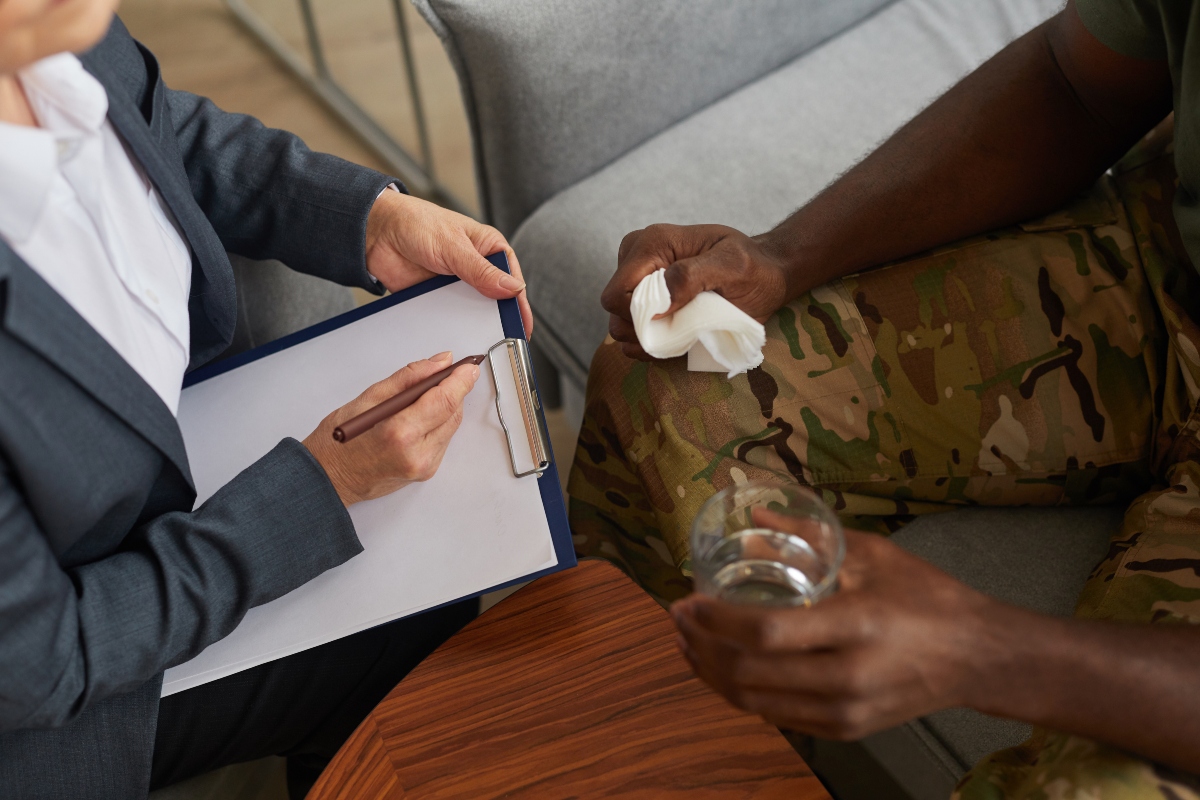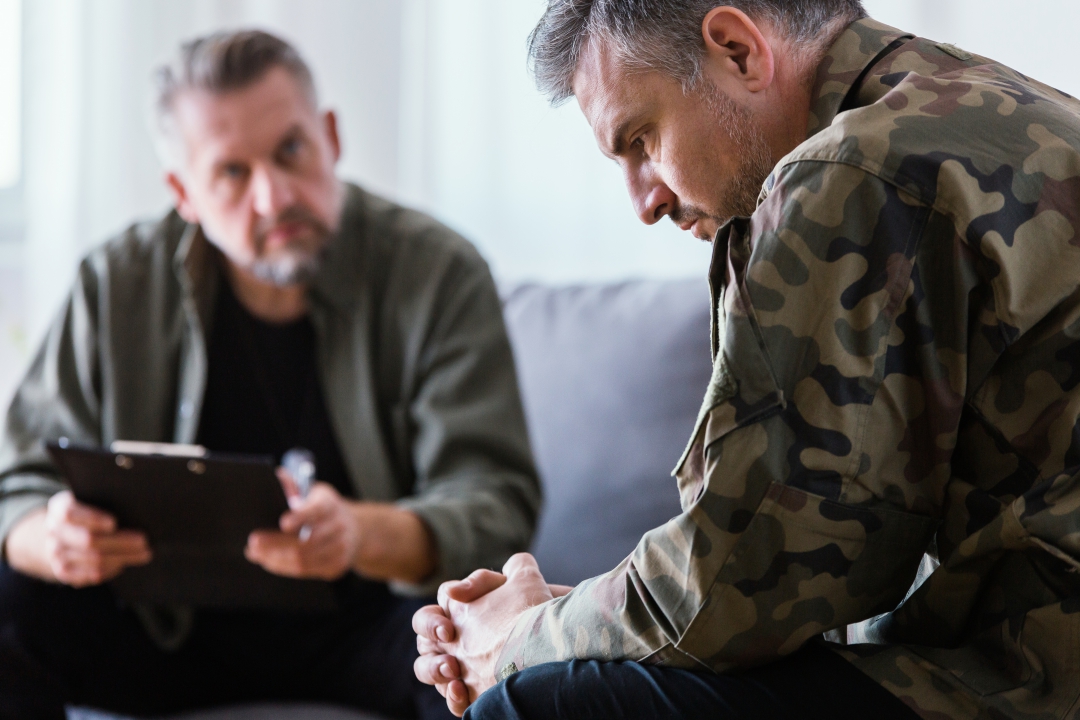What to Do Today to Overcome Social Anxiety

Image courtesy of Pixabay.com
Social anxiety disorder goes beyond just the occasional bout of nerves or feeling self-conscious about being “shy.” We all feel nervous or out of our element from time to time, maybe on a first date, or in a job interview, but social anxiety (social phobia) is so much more than that. Social anxiety disorder is a condition made manifest by an intense, crippling fear of being embarrassed in social situations—it makes someone so fearful, in fact, that it interferes significantly in normal, day-to-day activities. Just imagine being so terrified of being embarrassed and awkward around other people that you would go out of your way to avoid any such situation where others might be. It strengthens and reinforces one’s feelings of worthlessness and solitude that may already exist.
Someone who suffers from social anxiety disorder may show symptoms such as shortness of breath (not unlike a panic attack), an upset stomach or nausea, accelerated heart rate, and/or severe dizziness. The bigger problem lies in the utter disruption of one’s normal life activities, such as speaking up in a meeting, speaking with authority figures, meeting someone of the opposite sex or going out on a date, or being called on at work or in class.
Social anxiety is quite common, and if you can relate to this description, you are not alone. Every case is different, and triggered by different situations. Social anxiety can be triggered by specific social situations, or to social situations in general. The one common thread that all those who suffer from social anxiety share, is that the fears themselves are very real to the individual experiencing them. In addition to avoiding social situations, some people try to mask their anxiety by having an alcoholic drink or popping some pain medication before entering a social situation. This type of avoidance behavior can lead to substance dependence and addiction.
Rather than fixating on what causes your social anxiety, or on what you can do to get out of that work party where you know you’ll have to interact with others, focus about what you can do naturally to work on overcoming your social anxiety over time. Here are a few things you can start practicing today:
Manage your breathing. One of the first signs of an anxiety/panic attack is shallow, accelerated breathing and heart rate (hyperventilation). Learning to slow your breathing down can help buffer any physiological symptoms you may be experiencing. Sit comfortably, consciously begin inhaling slowly through your nose, holding your breath for two seconds, and then exhaling slowly out of your mouth. Repeat this for a few minutes until your breathing is under control.
Manage self-deprecating thinking. Your behavior is driven in large part by how you perceive yourself in relation to those around you. If you’re constantly kicking yourself for being “dull, unremarkable, stupid, incompetent,” etc., your behavior will reflect that accordingly. Begin by becoming more conscious and aware of your moment to moment thoughts, especially before entering a social situation. Scrutinize and challenge each negative thought as they come. (“Unremarkable? Incompetent? I am great at my job and well-liked among my co-workersI have delivered several speeches confidently.” “Stupid? I can hold my own with the best of them in a discussion.” “How am I dull? I have a very busy life!”
Face your fears, live your dreams. This may sound daunting, but think of it this way: instead of avoiding what terrifies you the most, get used to confronting it so that it doesn’t bother you nearly as much. Start small, and be patient with the process. (Start by saying “hi” to strangers, move up to making a comment about the weather as you pass someone by, then up to striking up a conversation, etc. Baby steps!)
Focus on other people. Surely you’ve heard about the “imagine others in their underwear” trick. But seriously, focus on what others are doing or wearing, and use that as a cue to enthusiastically engage someone else in a conversation in order to make a sincere connection. Maybe someone needs help with something (“That is a great bracelet! Where on earth did you get it? Can I get the door for you?”)
Rinse and repeat. Even with your best efforts at re-conditioning yourself to respond confidently in social situations, you may still find treatment and/or medication helpful to manage your symptoms. Just remind yourself to be patient with the process, and to never give up.
Are you “socially anxious?” If you or someone close to you need to talk to someone about managing social anxiety better, we can help. Consider reaching out to our expert team at Solara Mental Health at 844-600-9747.





Leave a Reply
Want to join the discussion?Feel free to contribute!